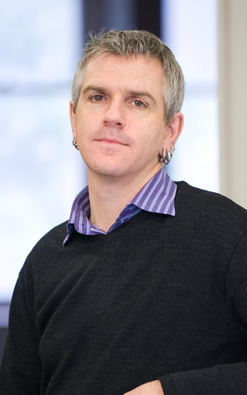Philosophy Seminar Series: 2 November 2010, 2-3:45pm, Philosophy Resource Room; Speaker: Robert Sparrow, Senior Lecturer, Centre for Human Bioethics, Monash University; Moderator: Dr. Tang Weng Hong
Abstract: I will argue that the existence of sexual dimorphism poses a profound challenge to those writers who wish to deny the moral significance of the idea of “a normal human body” in debates about the ethics of human enhancement. The biological sex of a child will make a much greater difference to their life prospects than many of the genetic variations that the philosophical and bioethical literature has previously been concerned with. It seems, then, that advocates of human enhancement should have something to say about the choice between a male and a female embryo. Either, 1) parents have reasons to choose boys over girls; (2) parents have reasons to choose girls over boys; or, (3) parents have neither a reason to choose girls over boys nor a reason to choose boys over girls. Embracing either of the first two alternatives has strongly counterintuitive—and arguably morally repugnant—consequences. To motivate the third option we must either make reference to a sexed conception of “normal” human bodies or argue that parents should consider the interests of society when thinking about what sort of children they should bring into the world—an implication that should be extremely controversial in debates about the “new eugenics”. I conclude, then, that a sexed conception of “a normal human body” is properly crucial to reasoning about the ethics of shaping future persons.
 About the Speaker: Dr. Sparrow is a Senior Lecturer in the Centre for Human Bioethics at Monash University. His current research interests include the ethics of human enhancement, multiculturalism, and new reproductive technologies. His presentation will extend upon research published as “Better than men? Sex and the therapy/enhancement distinction,” Kennedy Institute of Ethics Journal 20 (2): 115-144.
About the Speaker: Dr. Sparrow is a Senior Lecturer in the Centre for Human Bioethics at Monash University. His current research interests include the ethics of human enhancement, multiculturalism, and new reproductive technologies. His presentation will extend upon research published as “Better than men? Sex and the therapy/enhancement distinction,” Kennedy Institute of Ethics Journal 20 (2): 115-144.
More information on the Philosophy Seminar Series can be found here. A list of past talks in the series can be found here.